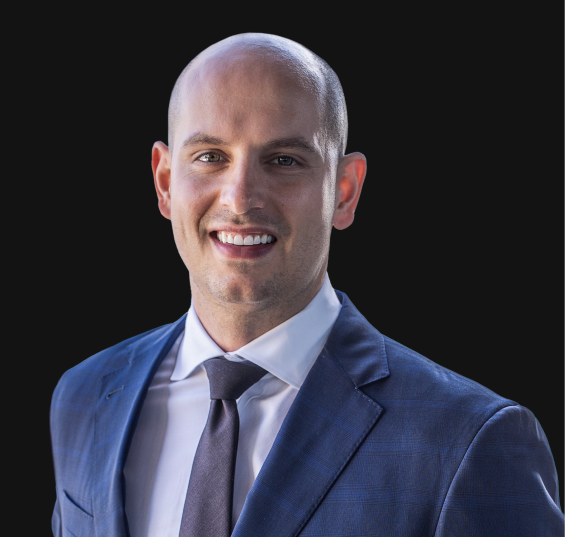Auto reinsurance is complicated, which is probably why many auto dealerships are very hands-off when it comes to their reinsurance investments. They just don’t have the expertise to manage the accounts on their own.
As a third-generation son of an auto dealer, I know just how important this topic can be to the livelihood of the dealership. My family has been involved in the auto industry for over 50 years, and I have been around it my whole life. My grandpa owned a car dealership in Salem, Oregon, before passing the business to my father. I worked summers as a lot attendant, washing and moving cars. Now I am actively involved in the auto dealership business by helping owners like my dad maximize their reinsurance investments.
As a CPA and a CFP®, I have the ability to look beyond the day-to-day sales at the dealership and see things at a high level. And one of the things I’ve noticed is how many dealers are still hesitant to evaluate and review their reinsurance business—but it doesn’t have to be that way.
Keys to a Profitable Reinsurance Company
There are three keys to a profitable reinsurance company: the fees, the structure, and the investment income. I could go in depth on each topic, but let’s cover the most important one first—investment income. Here are a few things every dealer should be thinking about when it comes to their reinsurance investment income.
How Is the Investment Account Being Managed?
More specifically, who is managing the reserve investment account? It used to be that reinsurance was run through vehicle manufacturers who didn’t necessarily care about maximizing income or looking after the funds as if they were their own. Now that the reinsurance business has become more accessible to dealers, it’s time to make sure you trust the person or company handling your funds. Speaking with a qualified financial advisor who has a fiduciary duty to act in your best interest is highly recommended.
What Is the Asset Allocation?
Important questions to consider include what is the asset allocation of the reserve investment account? Do you understand the investment policy statement that the reinsurance administrator is providing? These are key considerations in order to make sure your funds are being managed in a way that suits your particular needs.
Understanding the investment policy statement and allowable asset allocation provided by the investment policy statement, is an important factor in determining the potential investment returns of a reinsurance company.
For instance, willingness to take some risk can often translate to larger returns on the reserve investments. If you are on the more risk-tolerant side, a 50/50 asset allocation in which your funds are invested in 50% stocks and 50% bonds could be a good option. The asset allocation will depend on what is allowed by the investment policy statement provided by the reinsurance administrator.
Conversely, if you are more conservative in your investment approach and you don’t want to see large swings in the value of your account, bonds will typically be a safer option. You can usually do well with a portfolio composed of 80% bonds and 20% stocks. The great thing about asset allocation is that it isn’t permanent. It can be revised and amended as your needs change, so long as you are working with someone who is actively monitoring the account.
Are You Using a Surplus Account?
Using a surplus account is another way to maximize your returns by ensuring there is a systematic approach to investing your earned premiums. Since the surplus account is held outside of the investment policy statement created by the reinsurance administrator, you have full control over how the assets in the surplus account are invested. The surplus account provides the dealer with complete control and has the potential to increase the investment income and profitability of your reinsurance company.
There are also tax benefits of using a surplus account. For example, many dealers don’t realize that they may be allowed to transfer assets between their main accounts and a surplus account. If that’s the case, it’s considered an in-kind transfer and it has huge tax advantages. Specifically, it could mean the difference between paying a 21% tax rate or no taxes at all. If this isn’t something you’ve thought about in the past, make sure you’re taking advantage of the best options available to you and your dealership.
Why JGP?
We at JGP Wealth Management understand the ins and outs of the auto reinsurance industry. I helped my father navigate the account opening process and now I manage his funds. I saw what JGP could do for him and it inspired me to do the same for other dealerships. If you’re ready to start your own reinsurance company, or you just want a second opinion on your current accounts, reach out to me at 503-446-6450, email [email protected], or schedule an introductory phone call to get started today.




